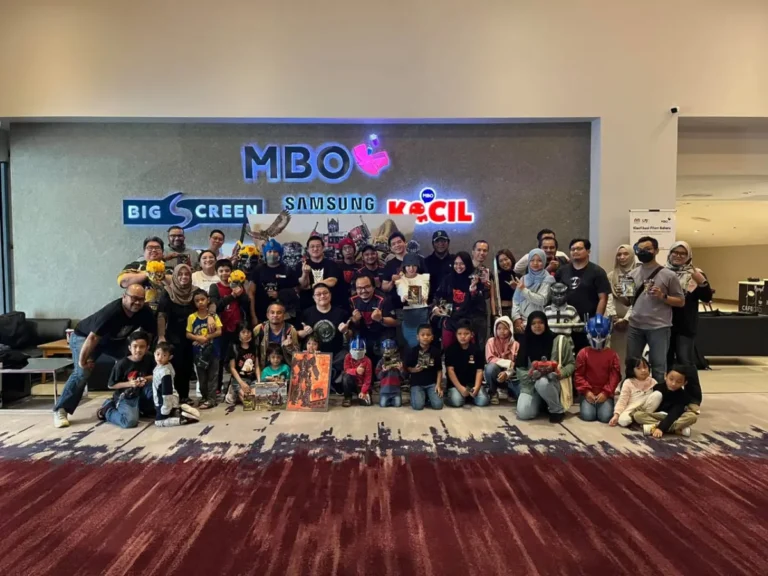 The recession is likely to lead to inventive low-budget films and greater demand from audiences for movies offering escapism, according to film experts.
The recession is likely to lead to inventive low-budget films and greater demand from audiences for movies offering escapism, according to film experts.
Alison Gardner, of the Glasgow Film Festival, said worries about funding would lead film-makers to plump for producing “happy” movies.
She added that a lack of money could lead to the emergence of clever low-cost projects. Paul Taylor, of the Inverness Film Festival, said films about money were the cornerstone of cinema.
A number of new films are poised to give interpretations of the human and financial costs of the global downturn. BBC Two will screen Freefall, a film showing its impact on a raft of characters, this spring.
The cast of Bafta award-winner Dominic Savage’s drama includes Aidan Gillen, who appeared in US police drama The Wire, former Bond girl Rosamund Pike and Girls Aloud singer Sarah Harding.
Meanwhile, director Baz Luhrmann and American documentary maker Michael Moore have been associated with other recession-related projects.
Luhrmann, director of films including Australia and Moulin Rouge, has been linked with a film version of F Scott Fitzgerald’s book The Great Gatsby, which is set against the excesses of high society in pre-Depression US in the “Roaring Twenties”.
Moore, best known for documentaries Fahrenheit 9/11 and Bowling for Columbine, made his first film – Roger & Me – about the closure of a car factory in his home town of Flint, Michigan, with the loss of tens of thousands of jobs.
But Ms Gardner said cinema-goers were likely to seek out relief from the doom and gloom. She said: “People will look towards films for escapism.
“The trade papers are reporting how film-makers will all start making happy movies. The big worry is about where the money for making films will come from, so the escapism movies people want are the ones that will be made.”
Those fitting the bill this year include Bride Wars starring Kate Hudson and Anne Hathaway, Star Trek, Da Vinci Code prequel Angels and Demons and robot action adventures Terminator Salvation and Transformers – Revenge of the Fallen.
Prime Minister Gordon Brown could be among the first in the queue for ticket to see Revenge of the Fallen after telling the BBC he could do with some help from the Transformers.
Mr Brown said his children were fans of the robots that can turn into cars, trucks, tanks and aircraft. He also said he would like to meet Optimus Prime – the leader of the good guy robots – as he seemed to be able to solve most problems.
Last year, the British feel-good film Mamma Mia! broke records as the UK’s biggest-selling DVD of all time after it was the first disc to sell more than five million copies – placing it in one in four UK households.
The Abba-themed movie starring Meryl Streep, Amanda Seyfried and Colin Firth was also the highest grossing cinema release in the UK, beating 1997 film Titanic.
Ms Gardner said the squeeze could see some inventive and entertaining low-budget projects being made. She held up One Day Removals – a short film shown at this year’s Glasgow Film Festival – as an example of the kind of production that could emerge.
The comedy, about a pair of inept removal men, is set in Aberdeen and Aberdeenshire.
Most of the dialogue is in Doric, the north east of Scotland dialect. Mr Taylor, an organiser of the Inverness Film Festival, said films about money were an obsession of Hollywood.
He said: “Western society is based upon the idea that capitalism is the best way forward for an advanced civilisation. “Money is seen as a society’s standard bearer, the more of it you have the more important you are seen to be.
“For this reason films about money have become a cornerstone of cinema. The idea that money can buy you everything has been seen as both the dream and a curse.”
Mr Taylor said the good and bad aspects of money could be found in Wall Street, Trading Places, Glengarry Glen Ross, Scarface, The Grapes of Wrath, The Gold Rush and It’s A Wonderful Life.
He said: “Times of depression have long been a subject for the cinema. “Perhaps the greatest film to deal with this subject is John Ford’s The Grapes Of Wrath, this is one of the starkest representations of financial woe ever committed to film.
“It shows just how hard life can actually get. Whether or not our present financial crisis ever gets as bad as this, The Grapes Of Wrath, set during the American Great Depression, is a film that is worth seeing so that we can familiarise ourselves with how hard life can get.”
Source: BBC





